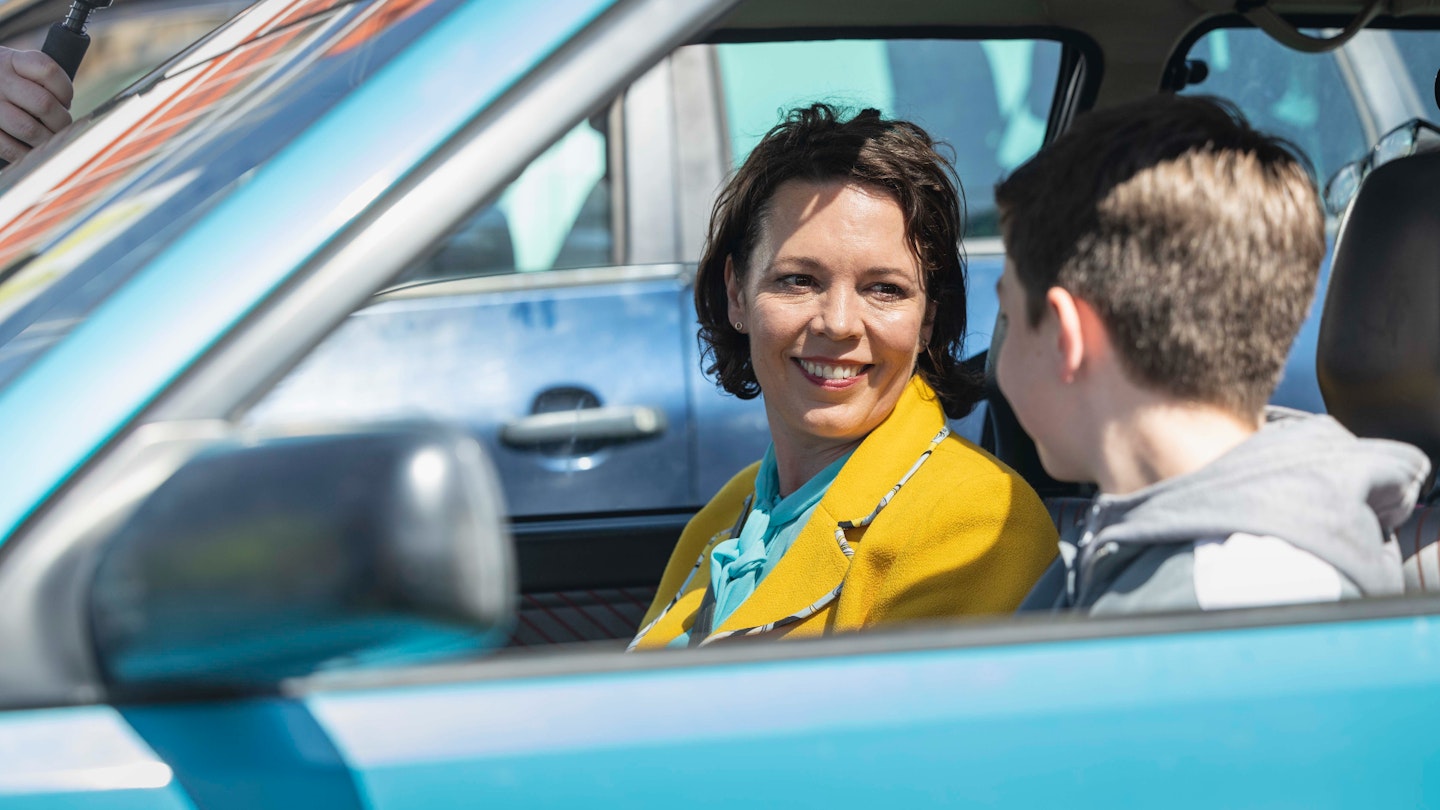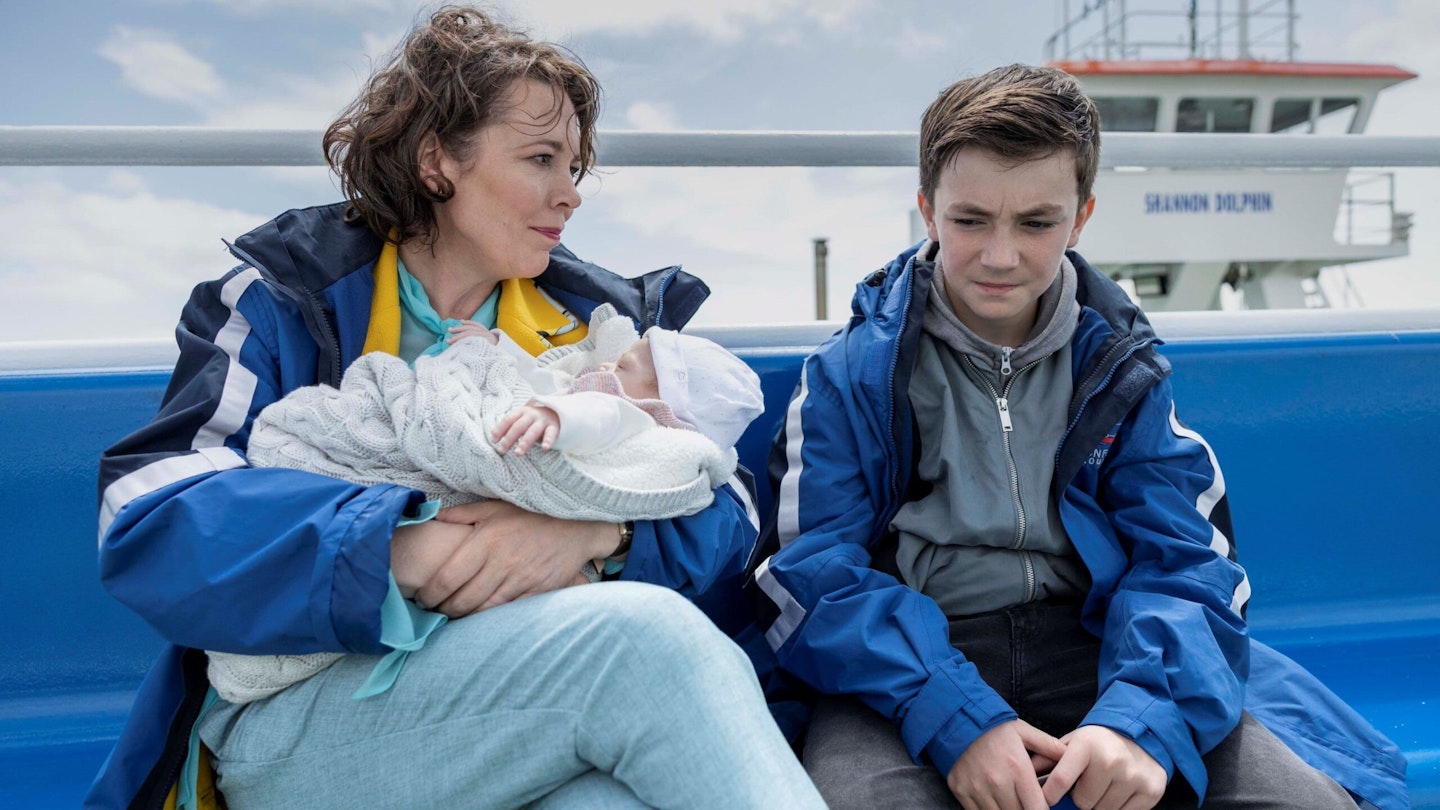You might think you have Joyride figured out. From the outset, this Irish comedy-drama seems to promise schmaltzy feelgood fun, a witty crowdpleaser in the Richard Curtis tradition. The first scene offers a cheesy pub singalong; its screwball comedy premise — an envelope of stolen charity money; a boy trying to escape his father; a mismatched road trip with a woman, a boy and a baby — is then breathlessly established in the opening ten minutes. (In such haste, it perhaps loses sight of plausible character motivation; would a middle-aged woman, even a desperate one, really not think twice about having a small boy drive her to the airport?)

But against the odds, Joyride could wrong-foot you. While it certainly opts for broad strokes, lightweight humour and obvious lessons, what follows after that wacky, unlikely set-up is a considered, if somewhat melodramatic, study of motherhood and family. A musing of what it means to be both a parent and to be a child — bolstered, importantly, with some winning performances.
Even if the material isn’t always sparklingly fresh, its approach and execution are gently effective.
Chief among them, of course, is Olivia Colman, who is once again staggeringly good as the “practical and solution-orientated” solicitor looking to escape her unwanted child. (After last year’s The Lost Daughter, Colman’s Reluctant Mother Era is continuing apace.) Joy — “I know, false advertising,” she self-deprecatingly admits of her name — had an unplanned pregnancy, and with no maternal instincts, is now desperate to offload the newborn baby to a family member so she can move on with her life. But the road trip, as cinematic road trips so often do, offers a new perspective.
Joy meets her match with Mully (Charlie Reid, holding his own against a national treasure), a precocious but warm-hearted pre-teen lad whose age belies his emotional intelligence. A “half-orphan”, he has been forced to do some speedy growing up, a childhood seemingly denied to him. In the classic mould, Joy and Mully are initially at each other’s throats, but as their haphazard journey meanders through south-west Ireland, they start to thaw on each other. A surprisingly poignant scene sees Mully, who helped raise his niece, carefully school Joy in the art of breastfeeding.
There is, admittedly, a lot that feels familiar here. It occasionally indulges in some of the tropes found in commercial Irish cinema — copious helicopter shots of a luscious rural setting; a community centred around a pub; a Tommy Tiernan cameo. It borrows heavily, too, from the ghosts of road movies past; expect car breakdowns and police chases. But even if the material isn’t always sparklingly fresh, its approach and execution are gently effective. This is essentially a simple story about people’s capacity for love, and how generational trauma can dampen that love, but never totally smother it. If it ends on an unabashed note of feel-goodery, it’s so charmingly done that it’s hard to mind; there is a sweetness to this kind of filmmaking that’s difficult to resist.
